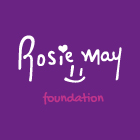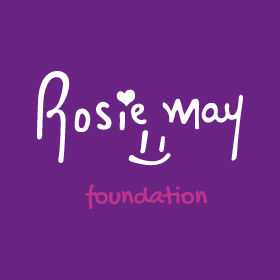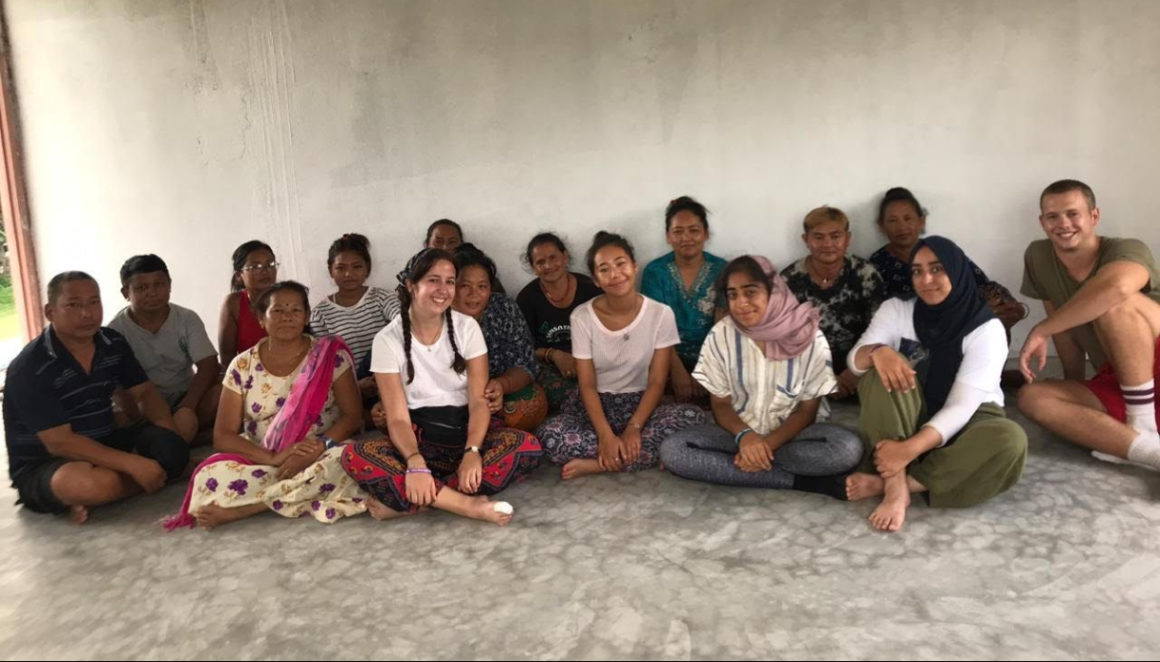Through interviews with individual members of the cooperative and a focus group we gathered information on how being a part of the cooperative has changed the lives of those involved.
We found that their economic situations and home lives vastly improved due to being able to grow their own vegetables and keep more cows as a result of the water tank and drip irrigation system that the Rosie May foundation funded.
It was very humbling to find out that many men in the village used to have to work abroad to provide for their families and rarely were able to see them but their wives’ involvement in the cooperative has allowed them to return home.
It was an extremely interesting and inspiring week and we are so grateful to Fermaya (our host) and her family for welcoming us into their home and for the warm reception we received from the whole village (we even managed to fit in a couple of Nepalese birthday parties!).
I found the experience very humbling but pretty incredible to see how their lives have changed so much and hearing all the individual stories of those involved. I definitely think it makes you realise how much we take for granted access to clean drinking water and fresh fruit and vegetables.
Gathering the research was mostly straight forward but quite tricky in terms of some of the more statistical elements as they don’t have many written records with specifics of how their crop yield has increased etc.
Most of the members of the cooperative were very willing to share their stories with us and it was amazing to see where they grew their crops and all the animals they now own.
 The white building is the collection centre which provides a communal space for small holder farmers to sell and trade their organic produce. An additional floor and roof has been funded by the Rosie May Foundation along with 21 plastic greenhouses for each farmer to be able to grow better and more varied produce all year round.
The white building is the collection centre which provides a communal space for small holder farmers to sell and trade their organic produce. An additional floor and roof has been funded by the Rosie May Foundation along with 21 plastic greenhouses for each farmer to be able to grow better and more varied produce all year round.

One of the stories I found the most amazing is the couple in the photo on the right – he used to work in Qatar, but the cooperative has allowed him to return home where his family produce milk and crops. They currently live in a small wooden house with three rooms but he now has a construction company and the building behind us is one he is building for his family to move into.
Polly Moss, third year English undergraduate at the University of Nottingham









